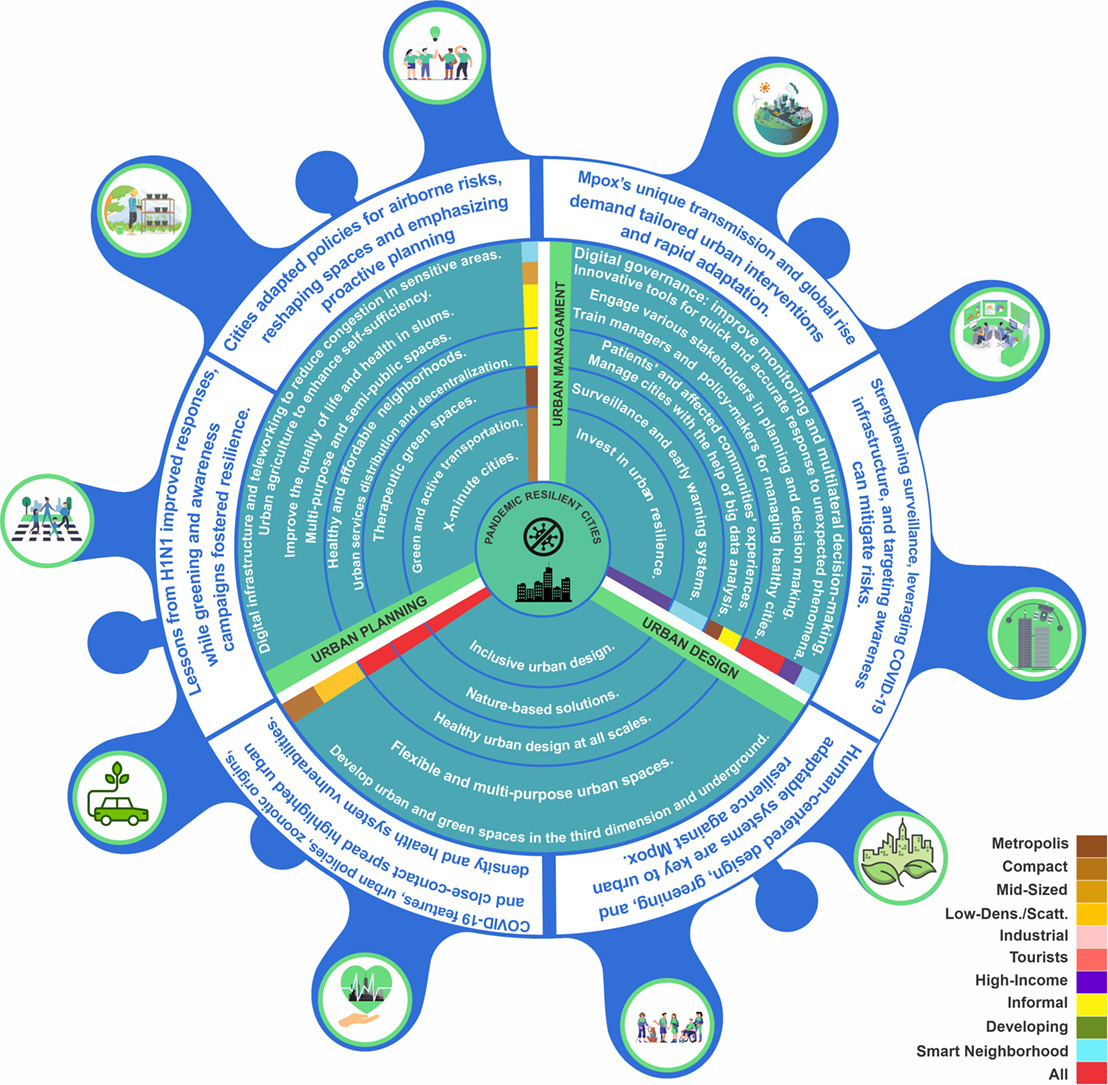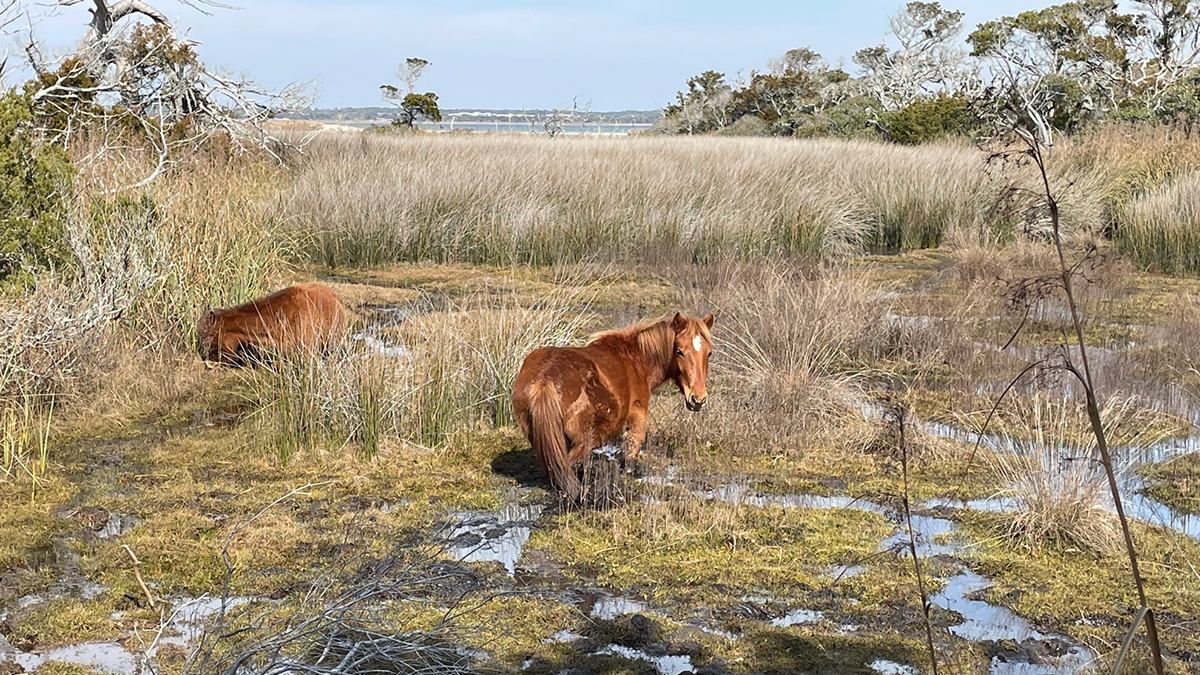Introduction
Climate change has become the defining challenge of our century, but it is also sparking one of the most thrilling revolutions in science and research. Around the globe, thousands of scientists are working tirelessly to uncover the mysteries of our rapidly shifting environment. Their discoveries aren’t just filling textbooks; they are transforming economies, shaping policies, inspiring future generations, and revolutionizing the way humanity understands its relationship with Earth. This is the power of climate change research—a force that is pushing boundaries, breaking barriers, and opening new doors to innovation.
This article explores how climate change research is redefining our future. We’ll journey through today’s groundbreaking discoveries, dive into the way research is reshaping our understanding of the planet, examine its global influence on policy and the economy, highlight how it inspires the next generation, and envision the bold new era it is creating. Get ready to see how the science of climate change is not just documenting problems—it’s unlocking solutions and fueling hope for tomorrow.
The Groundbreaking Discoveries Emerging from Climate Change Research Today
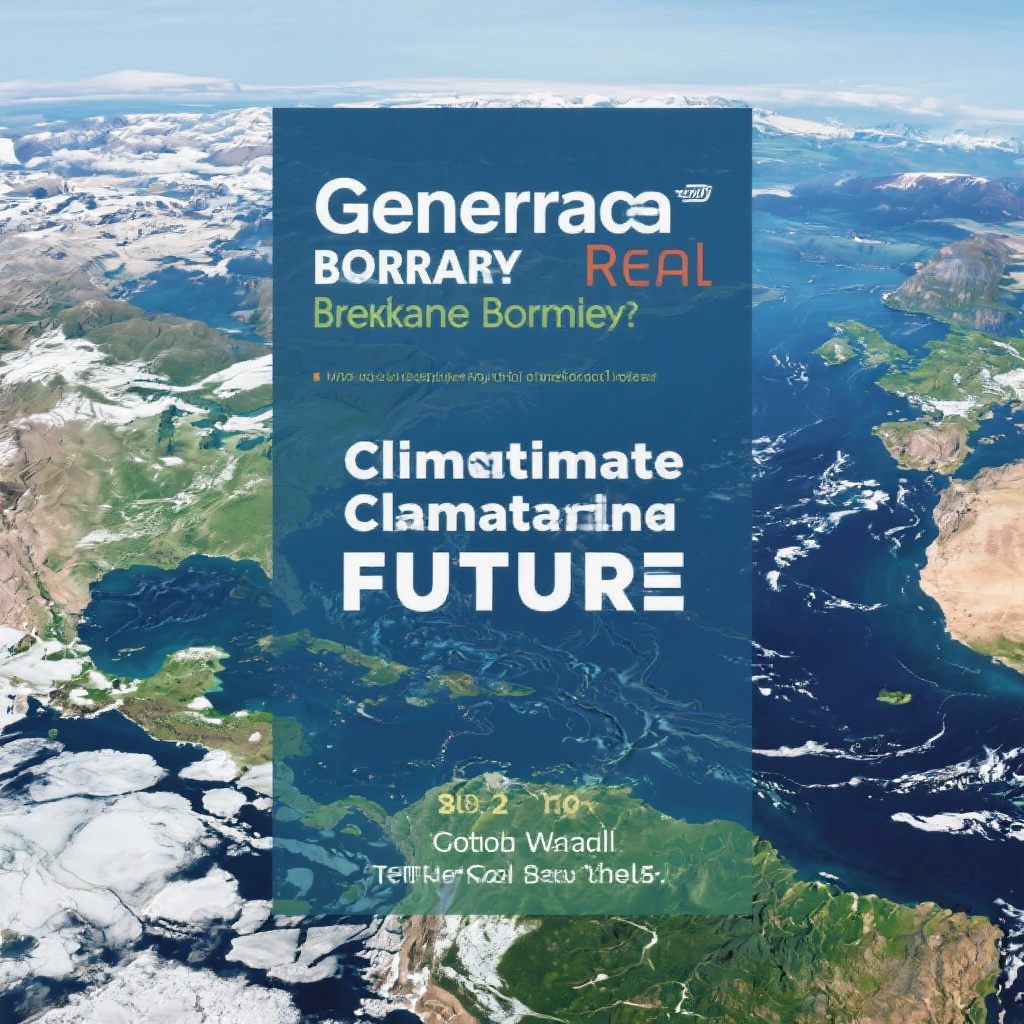
The pace of climate change research in recent years has been astonishing. Scientists are not only tracking rising temperatures and melting glaciers; they are uncovering complex, interconnected systems that reveal how delicate—and resilient—our planet truly is. These discoveries are transforming the way we understand climate and providing crucial insights for building a sustainable future.
One of the most remarkable breakthroughs has been in climate modeling. Today’s models are more accurate than ever, integrating oceans, forests, human activity, and even soil microbes into complex simulations. These models allow researchers to forecast everything from regional droughts to global migration patterns, giving governments and communities a vital roadmap to prepare for the future.
Another major discovery is the role of permafrost thawing in accelerating climate change. Climate change research has shown that melting permafrost releases massive amounts of methane—a greenhouse gas far more potent than carbon dioxide. Understanding this dynamic has led scientists to focus more on carbon feedback loops, which were once underestimated but now recognized as critical tipping points.
In the oceans, research has revealed stunning new insights into how marine ecosystems respond to warming. For example, coral reefs—once thought doomed—are showing surprising resilience in some regions thanks to adaptive mechanisms discovered through genetic studies. These findings are not just hopeful but also actionable, inspiring efforts to protect and restore ecosystems that play a vital role in regulating Earth’s climate.
Finally, renewable energy research linked with climate studies is breaking records. From solar panels that store energy more efficiently to bioengineered algae producing clean fuels, the synergy between climate change research and technological innovation is pushing us closer to a carbon-neutral future.
In short, today’s climate discoveries aren’t just alarming—they are empowering, giving us the tools to reimagine what’s possible in the fight for a sustainable Earth.
How Climate Change Research Is Changing the Way We Understand Our Planet
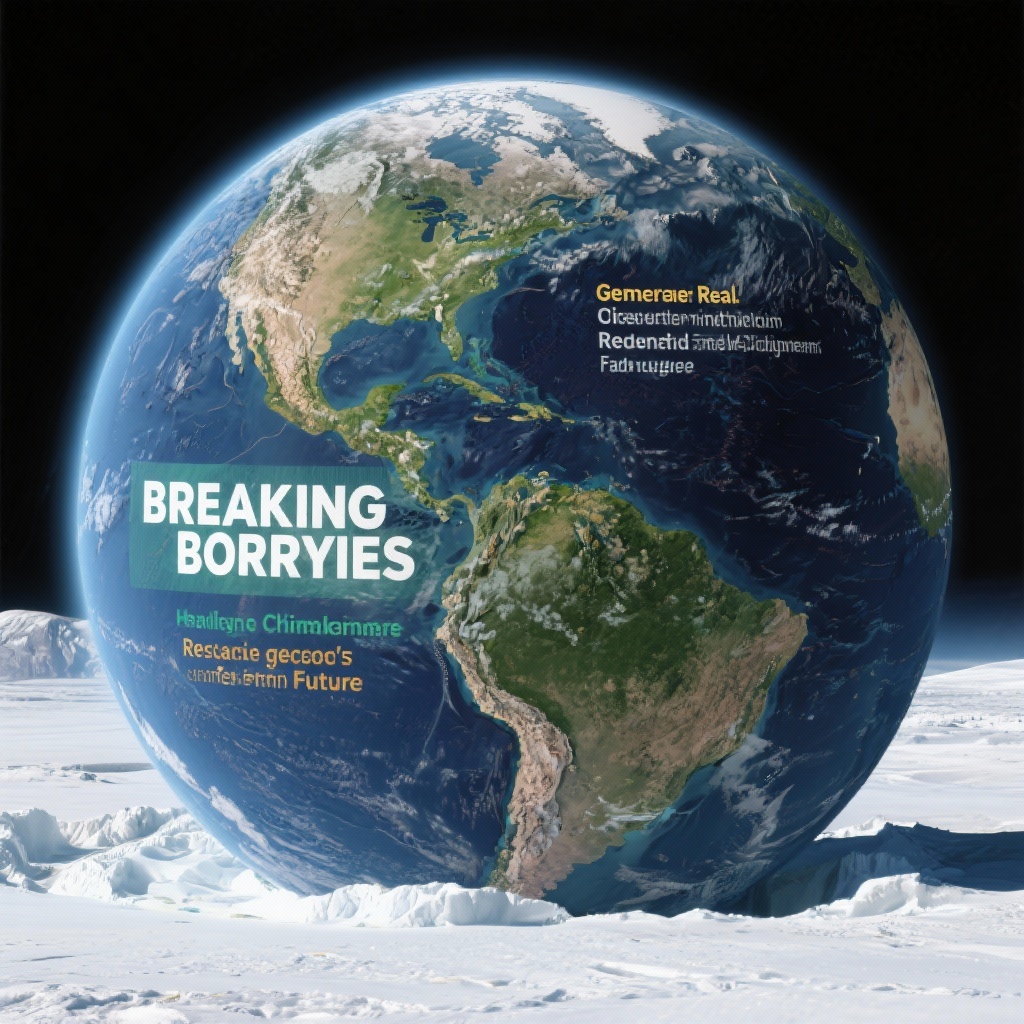
Before the explosion of climate change research, many viewed Earth as a stable, almost unchanging system. Now we know better. Research has shown us that our planet is dynamic, fragile, and interconnected in ways we never imagined. This shift in understanding is perhaps one of the greatest intellectual revolutions of our time.
One key transformation is the realization that human activity is deeply embedded in Earth’s systems. Where once scientists studied nature and society separately, climate change research has revealed how energy use, agriculture, deforestation, and industry all directly shape the planet’s atmosphere, oceans, and biosphere. The Earth system is not just a backdrop to human life—it is a co-created environment.
Satellite technology has also changed everything. With satellite imagery and climate sensors, researchers can monitor deforestation in the Amazon, track glacier loss in Antarctica, and even measure air quality across mega-cities in real time. These insights remind us that no corner of Earth is untouched by human influence.
Another critical shift has been in the timeframe of thinking. Climate change research has expanded our perspective from decades to centuries, helping us see how today’s emissions will affect future generations. This long-term thinking is reshaping economics, education, and even philosophy, encouraging humanity to move beyond short-term gains and focus on sustainable stewardship.
Perhaps most exciting is the recognition that solutions are within reach. Climate research isn’t only telling us what’s wrong—it’s showing us what’s possible. Whether it’s regenerative agriculture that restores soil health or coastal engineering that protects against rising seas, the research is a blueprint for resilience.
Thanks to climate science, we are no longer blind to the consequences of our actions. We are instead equipped with a deeper, more holistic vision of how to care for the only home we have.
The Global Impact of Climate Change Research on Policy and Economy
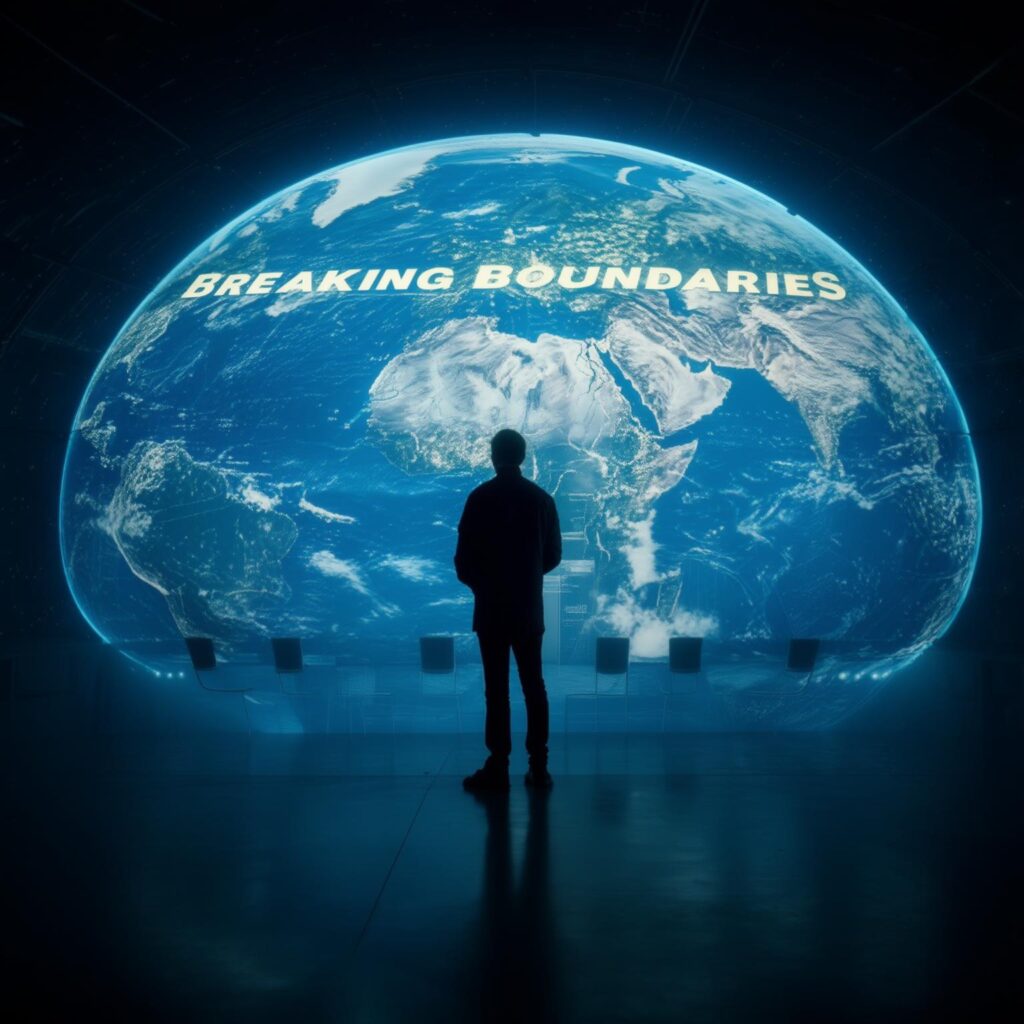
If climate change is the greatest challenge humanity faces, then climate change research is the compass guiding our collective response. Its impact on policy and the global economy is already profound, reshaping laws, markets, and even international diplomacy.
Governments worldwide rely on climate research to design climate policies and agreements. The Paris Agreement, for instance, was built on decades of meticulous data collection, modeling, and risk assessment. Research continues to guide the setting of emission reduction targets and helps nations measure progress with scientific accuracy.
Economically, climate change research is driving a massive transformation of industries. Renewable energy, once seen as niche, is now at the heart of global investment strategies. This shift is fueled by studies showing the urgent need to reduce dependence on fossil fuels and the long-term savings from clean energy adoption.
In addition, climate risk assessment—powered by research—has become a central part of financial markets. Banks and insurers now evaluate how rising seas, droughts, and extreme weather could affect assets and investments. Entire sectors, from agriculture to tourism, are being reshaped by the insights of climate science.
On the global stage, climate change research is also fueling collaboration and conflict resolution. Nations share data to track global carbon budgets, while climate adaptation funds are directed toward vulnerable communities. Without the shared language of research, international cooperation on climate would be impossible.
The bottom line is this: climate change research has gone from academic studies to a driver of real-world transformation, proving that science has the power to shape not just ideas but economies and global futures.
Inspiring the Next Generation of Innovators Through Climate Change Research
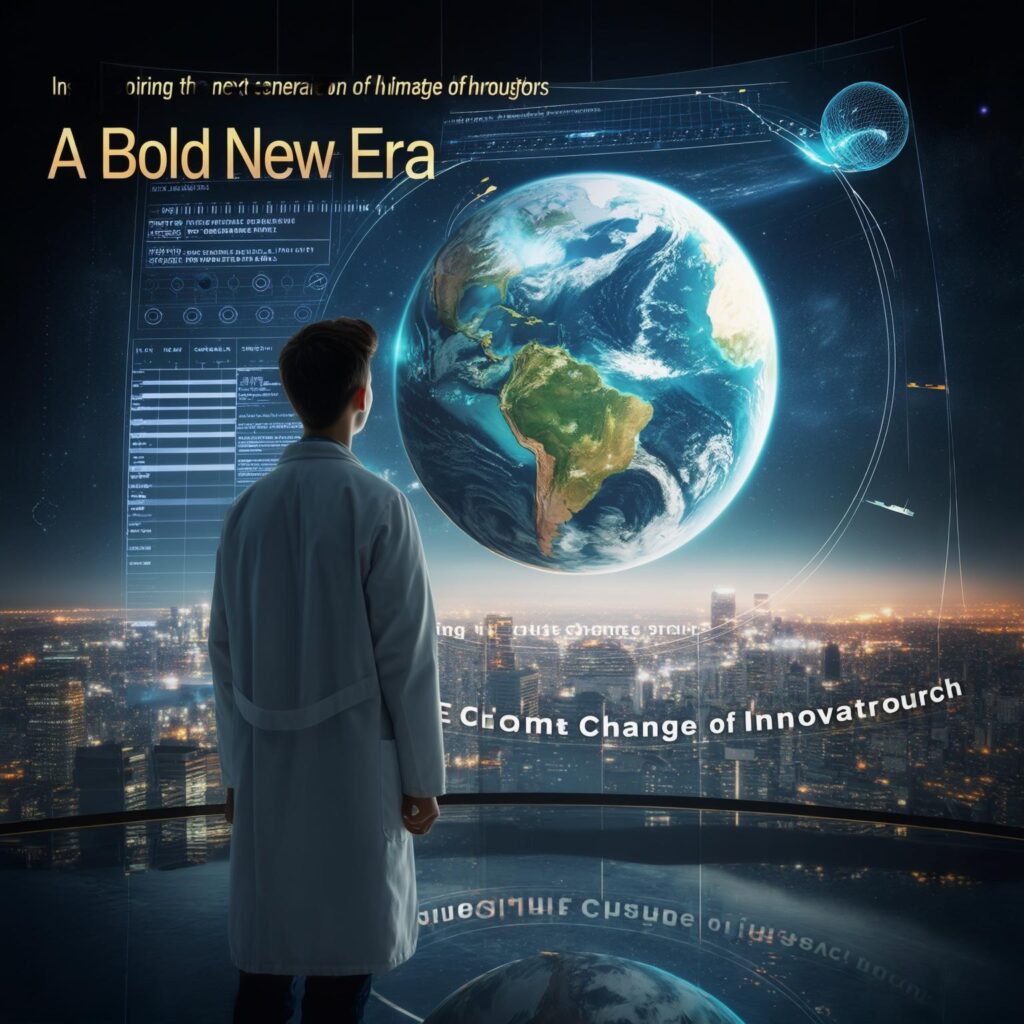
One of the most exciting ripple effects of climate change research is the way it inspires young people to dream bigger, think differently, and create solutions. Today’s students are not just learning about climate change in classrooms—they are participating in research, innovation, and activism that is reshaping society.
University programs across the world now offer degrees specifically focused on climate science, renewable energy, and sustainability. Students engage in hands-on research, from building solar-powered vehicles to testing new materials for carbon capture. These experiences not only equip them with skills but also ignite passion for solving global challenges.
Youth-led climate movements are also deeply influenced by research. Armed with data, young leaders like Greta Thunberg have galvanized millions to demand action from governments and corporations. Their credibility comes from science—the clear evidence that climate change research provides.
Beyond activism, the next generation is leading startups and innovations inspired by climate data. From AI tools that optimize energy grids to biodegradable packaging solutions, young innovators are translating research into real-world impact.
Education plays a central role here too. Teachers and mentors are using climate change research to empower students to see themselves as agents of change, not passive observers. The result is a generation that views climate action not as a burden, but as a thrilling opportunity for creativity and impact.
This is the true legacy of climate research: not only what it teaches us about Earth, but how it fuels the human spirit to innovate and protect it.
A Bold New Era Defined by Climate Change Research
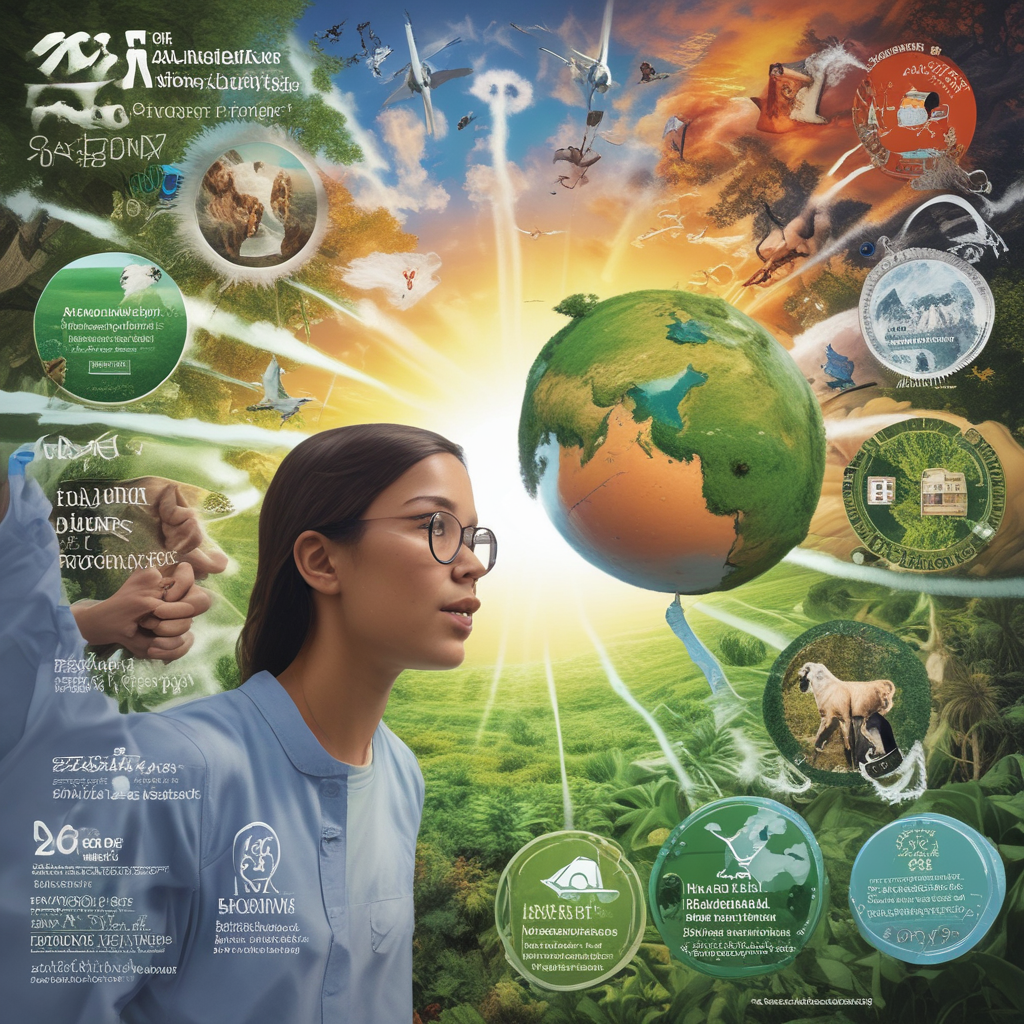
We stand on the edge of a new era—one defined not by fear, but by possibility. Thanks to climate change research, humanity is more informed, more prepared, and more innovative than ever before.
This new era is characterized by integration. Climate science is no longer confined to labs—it’s embedded in technology, business, law, education, and culture. From AI-powered forecasting tools to city planning guided by sustainability, research is now a daily force shaping how we live.
It’s also an era of collaboration. Never before have scientists, governments, corporations, and citizens worked so closely together on a common challenge. The global exchange of data, ideas, and solutions reflects the spirit of a connected world facing shared risks—and shared hopes.
Finally, this era is about redefinition. Climate change research is redefining what success looks like for societies: not unchecked growth, but balanced progress; not domination of nature, but partnership with it. This paradigm shift is perhaps the most powerful change of all.
As we move forward, the boundaries of science, innovation, and human imagination will continue to expand. And at the center of it all will be climate change research—the secret weapon driving resilience, adaptation, and hope.
Conclusion
The story of climate change is not just one of rising temperatures and melting ice. It’s a story of human ingenuity, courage, and discovery. From groundbreaking scientific findings to shifts in global policy, from inspiring young innovators to building a bold new era, climate change research is redefining what it means to live on Earth.
Yes, the challenges are immense. But the opportunities revealed by science are even greater. Each study, each dataset, and each innovation brings us closer to a world where humans and nature thrive together. This is the promise of climate change research: not only to understand the problem but to empower humanity to create the solution.
The boundaries have been broken. The future is being redefined. And it’s clearer than ever—through science, through research, and through action—we have the power to build a better tomorrow.








